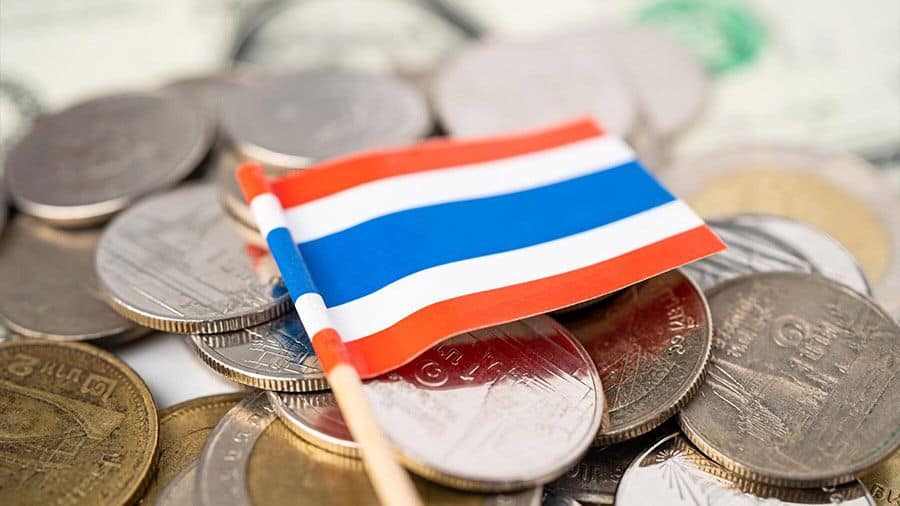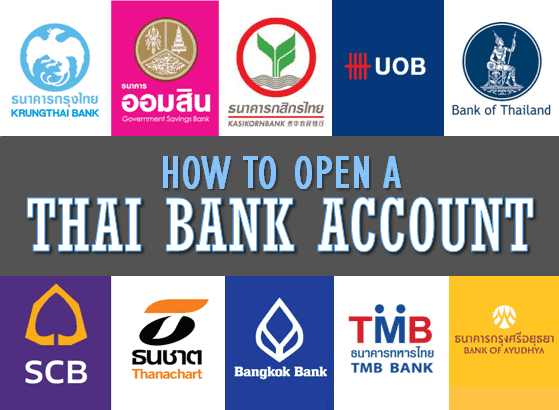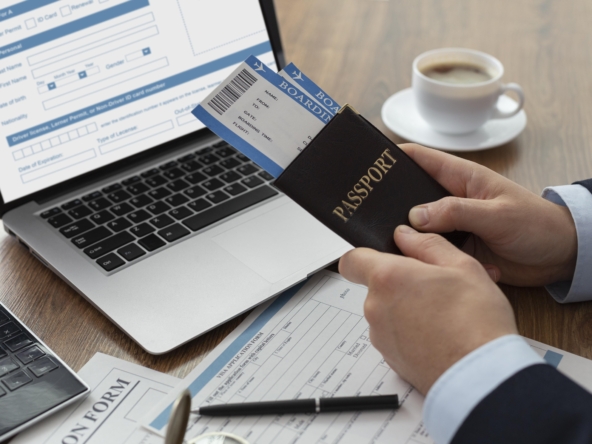A Comprehensive Guide to Property and Land Taxes in Thailand: Freehold and Leasehold Ownership
Investing in real estate in Thailand can be an exciting opportunity, but understanding the tax implications is crucial for making informed decisions. Whether you are considering freehold or leasehold ownership, this guide will break down the various property and land taxes, including transfer fees, to help you navigate the process smoothly.
1. Overview of Property Taxes in Thailand
Thailand has a structured tax system for property ownership, which applies to both freehold and leasehold arrangements. Here’s a closer look at the key taxes you need to be aware of:
1.1 Land and Buildings Tax
The Land and Buildings Tax Act, implemented in 2020, replaced the previous tax structure and introduced a more comprehensive approach to property taxation. Key features include:
- Tax Rates:
- Residential Properties: 0.02% to 0.1% of the appraised value, depending on occupancy status. If the property is not occupied, the tax rate is higher.
- Commercial Properties: Up to 1.2% of the appraised value.
- Vacant Land: Generally subjected to the same rates as commercial properties, encouraging development rather than holding land.
- Appraised Value: The tax is based on the value assessed by local authorities, which may be lower than the market price.
- Exemptions: Properties used for agricultural purposes and owned by government entities may be exempt from this tax.
1.2 Specific Transfer Taxes
When purchasing property in Thailand, there are specific transfer taxes that apply, which can vary slightly between freehold and leasehold ownership:
- Transfer Fee:
- Rate: 2% of the appraised value or the sale price (whichever is higher), applicable to both freehold and leasehold purchases.
- Payment: Typically paid at the local land office during the transfer process.
- Stamp Duty:
- Rate: 0.5% of the appraised value or sale price, whichever is higher. If the transfer fee is applied, the stamp duty may be waived.
- Applicability: This applies equally to both freehold and leasehold transactions.
- Registration Fee:
- Rate: 1% of the appraised value, payable at the time of registration at the land office for both ownership types.
1.3 Additional Costs
When acquiring property, additional costs should be considered:
- Legal Fees: Engaging a lawyer to handle the transaction typically costs between 1% and 3% of the property value, depending on the complexity.
- Due Diligence: Conducting property searches and obtaining necessary documents can incur additional fees, which vary based on the service provider.
2. Ongoing Property Costs
2.1 Annual Property Tax
Once you own property, you are responsible for annual property taxes:
- Land and Buildings Tax: This must be paid annually, with rates dependent on the type of property and its usage.
2.2 Maintenance Fees
For leasehold properties or condominiums, ongoing maintenance fees are a significant cost:
- Maintenance Fees: Typically assessed monthly or annually for communal facilities, these fees can vary based on the property’s amenities.
3. Special Considerations for Leasehold Ownership
Leasehold arrangements come with unique aspects to consider:
3.1 Leasehold Agreements
While leasehold properties do not entail ownership of the land, the leasehold agreement should outline:
- Duration: Leases can be set for up to 30 years, with options for renewal. Ensure the agreement includes clear terms about renewal and rights.
3.2 Tax Implications
While many property taxes are applicable regardless of ownership type, leaseholders should be aware that:
- Land and Buildings Tax: While the landowner is technically responsible, it may be included in the lease terms and passed on to the lessee as part of the leasehold agreement.
4. Conclusion
Understanding the property and land taxes in Thailand, including transfer fees and ongoing costs, is essential for anyone looking to invest in real estate—whether through freehold or leasehold ownership.
By familiarizing yourself with the tax landscape, you can budget effectively and avoid unexpected expenses. Working with local professionals, such as real estate agents and legal advisors, will ensure compliance and smooth navigation through the purchasing process. With the right preparation and knowledge, you can make informed and strategic decisions in the vibrant Thai real estate market.
Check out Properties in Thailand




